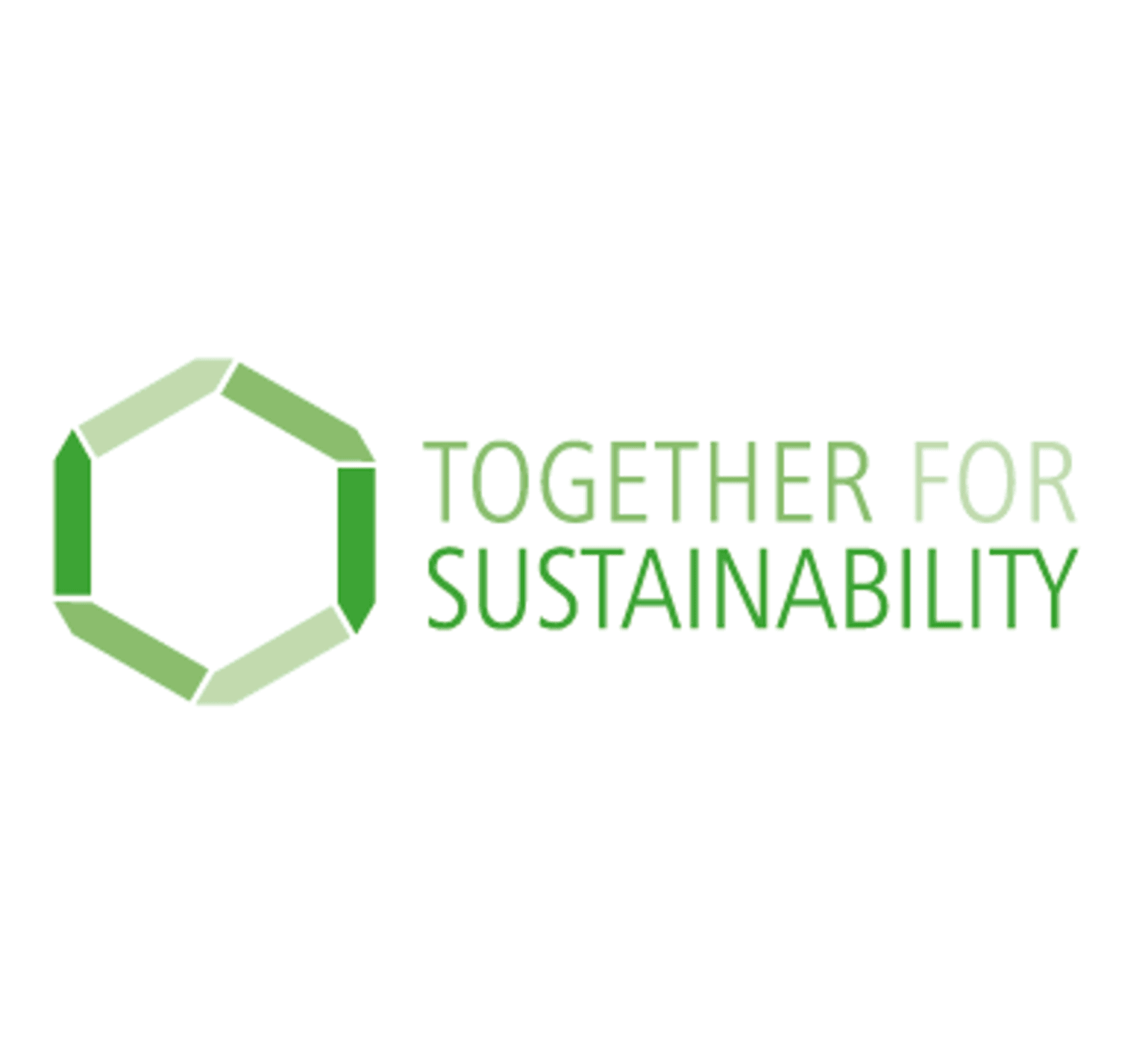
Incentivize Supplier Product Carbon Footprint Disclosure
 Together for Sustainability (TfS)
Together for Sustainability (TfS)Summary
Tricon launched a supplier incentive program to increase Product Carbon Footprint (PCF) disclosures across its value chain.
Context
Tricon is an industry leader in the global trade and distribution of chemicals, operating across complex supply chains
Transparently measuring Scope 3 emissions in global chemical value chains is challenging due to inconsistent data quality, low supplier capacity, and limited regulatory requirements. Tricon recognized the need to improve data transparency to meet internal and external decarbonization goals, including bank KPIs and reporting expectations.
Solution
Tricon developed a structured Supplier PCF Incentive Program offering free consulting and technical assistance, training, verification services, and financial incentives to suppliers willing to calculate and disclose their cradle-to-gate Product Carbon Footprints (PCF’s). Services included PCF training and consulting, software services, Renewable Energy Certificates (RECs), and decarbonization services through vetted providers such as ClimeCo, Schneider Electric, and Net Zero Solutions.
Suppliers were encouraged to use the Together for Sustainability (TfS) PCF Guideline to support data transparency and quality. When data was submitted in other formats, the Tricon team and/or consultant services helped convert the data into the same format.
Figure 1: Incentive Options for Participating Suppliers

Impact
Sustainability impact
Climate impact
This initiative addresses Scope 3 emissions as defined by the GHG Protocol, with an emphasis on Category 1: Purchased Goods and Services. In the first year of the program, September 2023 to September 2024, it has enabled the reporting of over 1.2 million tCO₂e in emissions from disclosed PCFs. While its main role is facilitative, the initiative provides suppliers with data and resources that may be used to support emissions reduction strategies.
Social impact
Improves access to climate knowledge and resources for suppliers. Reduces barriers to climate participation and supports capacity-building and climate equity in the supply chain.
Business impact
Business benefits
Provides high-quality Scope 3 emissions data, strengthening climate disclosures
Supports alignment with KPIs for sustainability-linked financing
Increases supplier engagement and collaboration on decarbonization
Enhances ESG credibility with customers, banks, and partners
Costs
Tricon set up a fund internally to invest in the Supplier Incentive Program, as part of its commitments related to sustainability-linked loans. The budget was based on estimates of how many suppliers would take up the program and the average cost of an incentive, as well as the costs of designing and promoting the program. To date, the program has met the minimum threshold for investment but has not reached the budgeted amount, given lower-than-anticipated uptake of incentives and some incentives costing less than anticipated.
Impact beyond sustainability and business
Co-benefits
Tricon promotes a collaborative approach to environmental sustainability and shared responsibility for climate impacts and solutions. The supplier incentive program is designed to enhance sustainability and increase transparency within the chemical value chain by encouraging collaboration with key suppliers in calculating and disclosing PCF data.
Potential side effects
The main risks relate to limited supplier capacity, confidentiality concerns, and potential misinterpretation of data. Tricon mitigates these by providing targeted incentives, technical support, and ongoing education, while continuing to advocate for better use of data across the chemical value chain. At the same time, Tricon is working to find the right balance on resources to collect data and the need to focus on decarbonization solutions. The company also acknowledges the limitations of data in decision-making to avoid over-reliance on metrics and need to put attention on practical emissions-reduction actions.
Implementation
Typical business profile
Relevant for companies in high-emissions industries (e.g., chemicals, manufacturing) with significant Scope 3 emissions from purchased goods. Especially suitable for organizations seeking to improve value chain data and support supplier decarbonization in line with Net Zero and ESG financing goals.
Approach
The initiative was coordinated centrally by Tricon’s sustainability team, in collaboration with logistics and commercial functions. Implementation relied on clear eligibility criteria, a menu of service options, and pre-approved providers to streamline enrolment and delivery.
The program followed four main steps:
Suppliers reviewed available incentives and selected appropriate options
Suppliers enrolled and agreed to share PCF data
Tricon provided selected services at no cost to the supplier
Suppliers submitted PCF data via SiGreen or Excel, aligned with the Together for Sustainability (TfS) PCF data model
Stakeholders involved
Project Leads: Tricon Sustainability Team
Company Functions: Logistics and Commercial Teams, Legal Department, Communications Department
Main Supplier Providers: ClimeCo, Schneider Electric, Net Zero Solutions
Tools Used Internally: CarbonChain, Together for Sustainability tools
Other: Key suppliers invited by volume thresholds and strategic relevance
Key parameters to consider
Early-stage initiative, with plans to expand in 2025. Uses standardized tools (TfS PCF Guideline and Data Model). Highly replicable across other sectors with complex supply chains. Confidentiality considerations managed via service provider agreements.
Implementation and operation tips
Offer tailored incentive options to match supplier maturity. Align communications to highlight business value and regulatory readiness. Use trusted partners for credibility and ease of onboarding. Provide ongoing support and follow-up to reinforce engagement. Focus efforts on strategic, high-volume suppliers first.
Going Further
External Links